Issue #81, December 2024
WINDS FROM JAPAN
The Licensing Executives Society Japan
Issue #81 [PDF:1.8MB]
2023 Unfair Competition Prevention Act Revision
Revision of Unfair Competition Prevention Act, Trademark Act, etc.
By Mitsuo KARIYA *
The Unfair Competition Prevention Act, Trademark Act, Design Act, Patent Act, Utility Model Act, etc., were revised under the name of the 2023 Unfair Competition Prevention Act Revision for 1) enhancing the protection of brand, design and data in view of the diversity of business activities in accordance with digitalization, 2) designing the intellectual property related procedures in response to the pandemic and digitalization and 3) designing the system relating to international business development.
This revision was promulgated on June 14, 2023, and the provisions relating to the trademark consent system, the registration of a personal name, the prevention of imitation of a shape/form in the digital space, the clarification of the definition of “shared data with limited access,” etc., came into force on April 1, 2024, while some procedural provisions came into force on July 3, 2023 and January 1, 2024.
Trademark Act Revision
1)Consent SystemThe needs for introducing the consent system have increased in view of the necessity of expanding the width of selecting brands for small and medium-sized enterprises, start-ups, etc., and the international system harmonization. The “Consent System” became available for obtaining a registered trademark which is similar to another’s previously registered trademark under a certain condition on April 1, 2024 (Trademark Act Article 4(4)).
Prior to this revision, it has been necessary to conduct complicated procedures and negotiations for temporally assigning the rejected trademark application to the other previously registered trademark owner to overcome the rejection and then assigning the registered trademark back to the applicant.
In this consent system, even if a trademark application is rejected because the trademark is similar to another’s previously registered trademark under Trademark Act Article 4(1)(xi), it is possible to obtain a registered trademark when the applicant obtains a consent from the previously registered trademark owner and it is determined that there is no likelihood of confusion between the two trademarks. It is required to submit documents to the Japan Patent Office for proving the consent by the previously registered trademark owner and no likelihood of confusion between the two trademarks. It is also possible to use the consent system when two similar trademark applications are filed on the same date.
In order to prevent confusion between the coexisting registered trademarks, one of the two registered trademark owners can request the other owner to attach an indication for preventing confusion if there is a likelihood of harming the one owner’s business interests by use of the other owner’s registered trademark (Trademark Act Article 24-4). If one registered trademark owner used its registered trademark to create a confusion with the other registered trademark owner’s products or services for an unfair competition purpose, anyone can request a trial for cancelling the registered trademark (Trademark Act Article 52-2)..
2) Registration of a personal name
The mitigation of the requirement for obtaining a registered trademark on a personal name has been desired by founders and designers in the fashion industry, for example. Before this revision, Trademark Act Article 4(1)(viii) required the consent by every other person having the same personal name for a trademark registration to protect the moral rights. It was practically impossible to obtain consents from numerous unknown persons.
Since April 1, 2024, it is possible to register a personal name as a trademark without consent by others under the conditions, a) there is no other person having the same personal name with a certain level of popularity, b) there is a considerable relevance between the personal name in the trademark and the applicant, and c) there is no unfair competition purpose to obtain the trademark registration. The “other’s personal name” which requires a consent is defined as a personal name which is widely known among consumers in the field of the products or services.
Session 3- IP Protection in a Networked World: Addressing Cross-Border Challenges
The panelists specializing in IP laws discussed legal frameworks and IP protection in cross-border IP infringement cases.
Unfair Competition Prevention Act Revision
1) Prevention of Imitation of Shape/Form in Digital SpaceWhile the Unfair Competition Prevention Act (UCPA) has been regulating the provision of imitation of a shape/form (excepting a shape/form which is essential to the functionality) of another’s goods for three years from the first sale in view of the short life cycle of some kinds of goods, like clothing (UCPA article 2(1)(iii)) assuming that the goods are tangible objects, the utilization of the digital space has significantly increased. Prior to the 2023 revision, acts of providing ① physical counterfeit products imitating the physical authentic products were regulated as unfair competition acts. Since economic transactions are becoming active in the digital space (e.g. Metaverse), it has been desired to clarify that transactions of the counterfeit products which intersect the physical space and the digital space, are regulated as unfair competition acts.
In the 2023 revision, the acts of providing goods imitating the shape/form of another’s goods through electrical communication lines were added to the unfair competition acts. According to this revision, it was made clear that acts of providing ② digital counterfeit products imitating the real authentic products, ③ real counterfeit products imitating the digital authentic products and ④ digital counterfeit products imitating the digital authentic products are regulated as the unfair competition acts.
Left: Physical Right: Digital
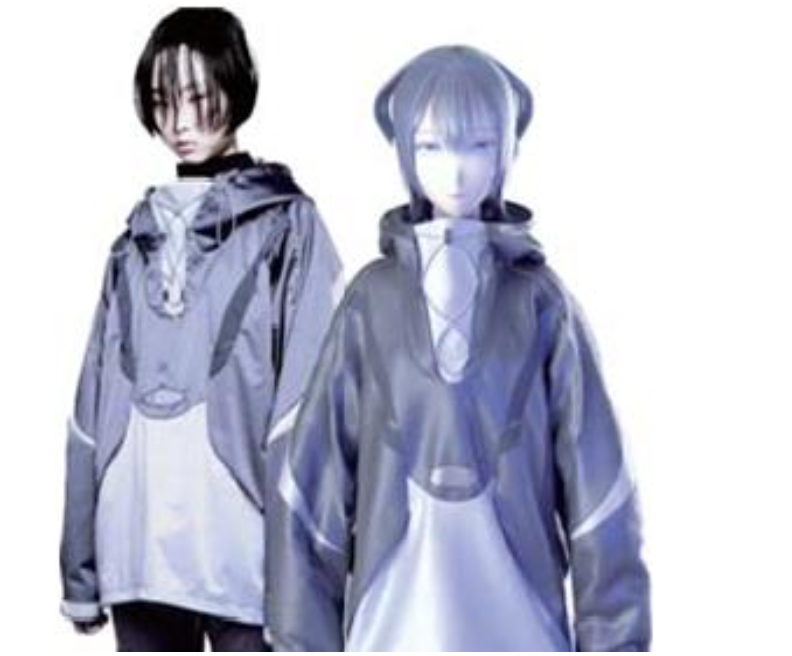
Pictures provided by “chloma”
Authentic (Physical) Counterfeit (Physical)
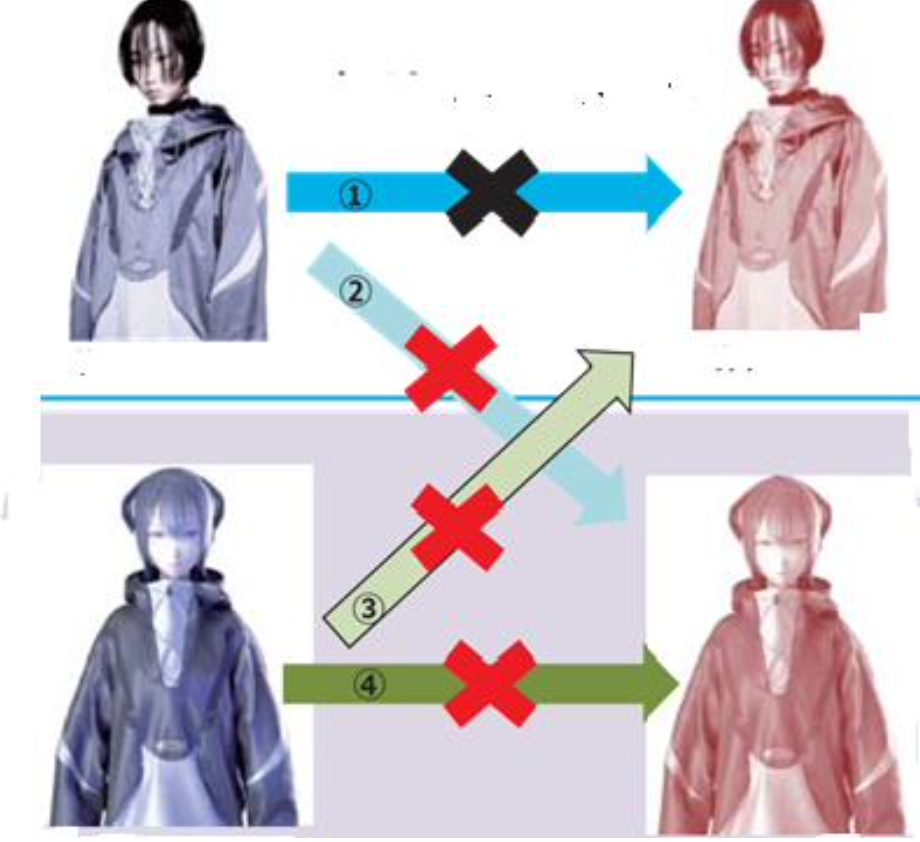
Authentic (Digital) Counterfeit (Digital)
2)Clarification of the definition of the “shared data with limited access” in the big data protection system
In the 2018 revision on the UCPA, the system for protecting the “shared data with limited access” has been introduced to enable secure sharing of big data with third parties for facilitating utilization. The 2018 big data protection system was designed to exclude the secretly managed big data from the protected data because it was considered that the big data for sharing with third parties were not to be secretly managed and the secretly managed big data were already protected by the trade secret protection system. However, it is a recent business practice to share even secretly managed big data with third parties. Under the 2018 system, such big data could be protected by neither the big data protection system (UCPA article 2(1) (xi)-(xvi)) nor the trade secret protection system (UCPA article 2(1) (iv)-(x)) if the big data were secretly managed but publicly known. According to the 2023 revision, such big data became protectable by the big data protection system by amending the UCPA article 2(7).
Others
This article focuses only on the significant revisions and other revisions including the revisions of procedural provisions are omitted for the sake of simplicity.
~~~~~~~~~~~
* Editor / Patent Attorney, Kariya IP Office/Tokyo-Hirakawa Law Office
LES Japan & LES China Joint Meeting
By Yasuo FUJII*
The LES Japan and LES China Joint Meeting was held in Tokyo, Japan on September 26, 2024, in the official languages of Chinese and Japanese. In the meeting, more than one hundred participants enjoyed the thought-provoking speeches and sessions on wide variety of the latest issues regarding licensing and IP in China and Japan. Participants also enjoyed intimate and active communication to meet old friends and make new ones. It was a great success!
-
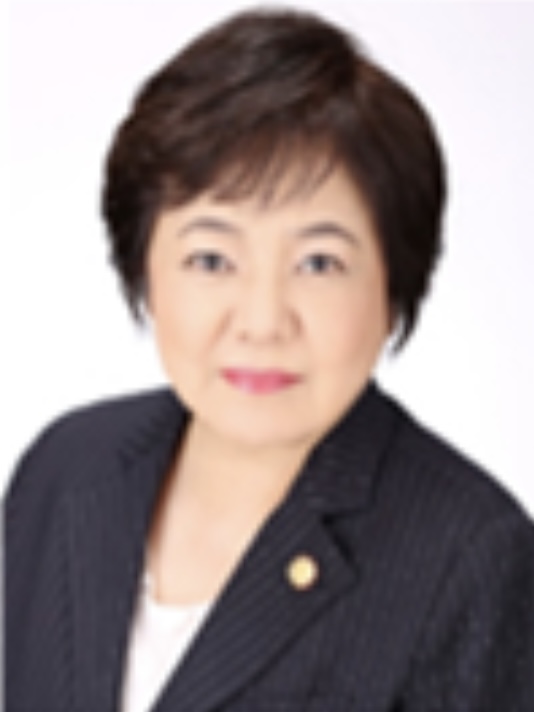
Junko Sugimura
-
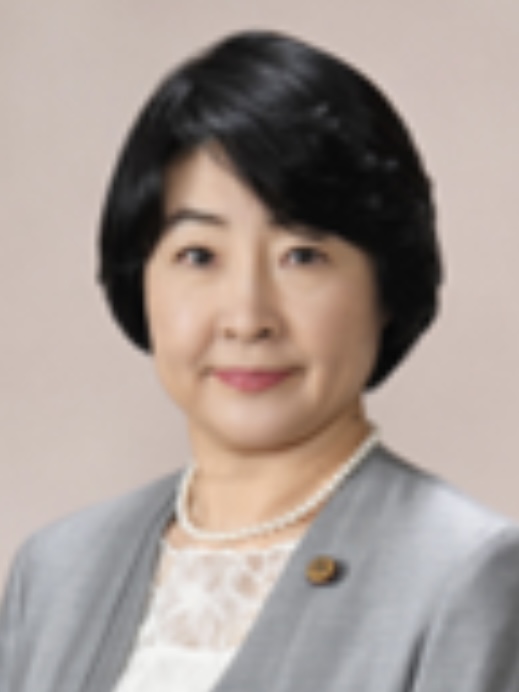
Chikako Hashimoto
-

Shaohui Yuan
-
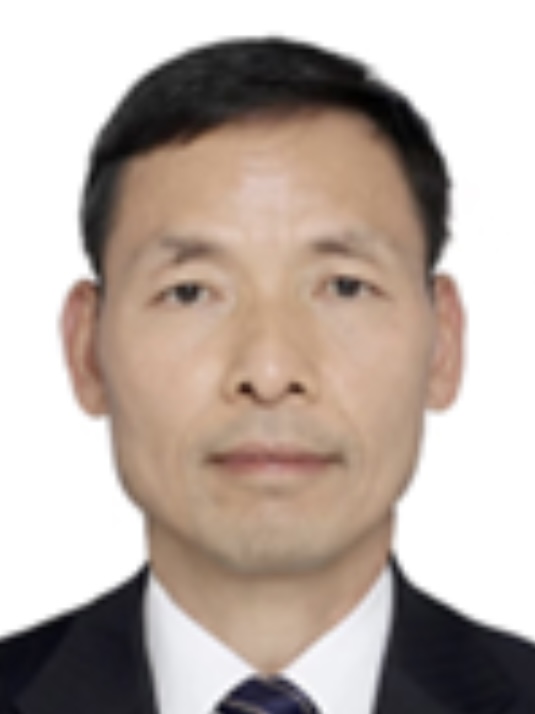
Xuehua Zhu
Opening Remarks
The meeting began with opening remarks by Junko Sugimura (LES Japan Organizing Committee Chair / Partner, Sugimura, Tamura & Partners), Chikako Hashimoto (LES Japan President / Chief Manager of Trademark Department, Sakai International Patent Office) and Shaohui Yuan (LES China President / Vice President of CCPIT Patent & Trademark Law Office). In addition, the Honorable Guest, Xuehua Zhu (Minister-Counselor of Chinese Embassy in Japan) gave a heartfelt speech to emphasize the importance of cooperation between China and Japan regarding development of industries, including the IP field.
Keynote Speech 1
Futoshi Yasuda (Deputy Commissioner, Japan Patent Office) delivered the Keynote Speech titled “Activities of Japan Patent Office for promoting innovation” including (1) IP Management, (2) Innovation Box Regime, (3) IP Support Measure for Startups and (4) Standard Essential Patents.
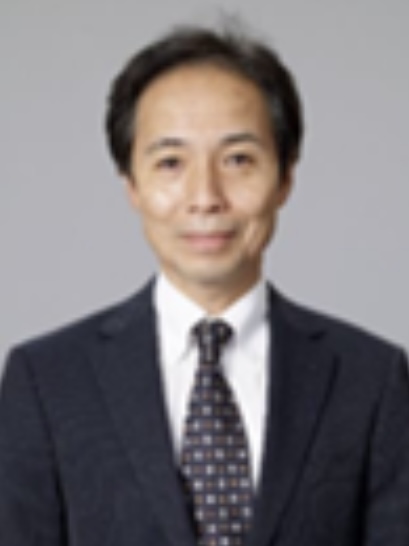
Futoshi Yasuda
Keynote Speech 2
Then Ma Bin (The China National Intellectual Property Administration) delivered the video Keynote Speech titled “Introduction to the Patent Open License System” including (1) Background, (2) Legal System and (3) Valuation Guidance.
Session 1
The first Session was held on “IP Strategies of Chinese Companies” with two panelists, David Wang (Huawei) and Xin Tong (ZTE Corp.), and the moderator, Shaohui Yuan (CCPIT / LES China President). The panelists introduced their company’s activities, and also gave their opinions on questions such as: (1) how the industry should further strengthen open and collaborative innovation and improve the standard system, and how IP licensing and commercialization can play a greater role; and (2) when it is necessary to trigger a dispute resolution mechanism, especially in negotiations regarding SEP licensing.
-

David Wang
-

Xin Tong
Session 2
The second Session was held on “IP Strategies of Japanese Companies” with two panelists, Shoei Imai (FUJIFILM Business Innovation Corp. / LES Japan President-Elect) and Shizuka Sayama (Sony Group Corp.), and the moderator, Masanori Hasegawa (Canon Inc.). The panelists introduced their company’s activities, and also discussed : (1) the relationship between the head office in Japan and the overseas bases; and (2) how to obtain high-quality patents that are valuable for their business.
-
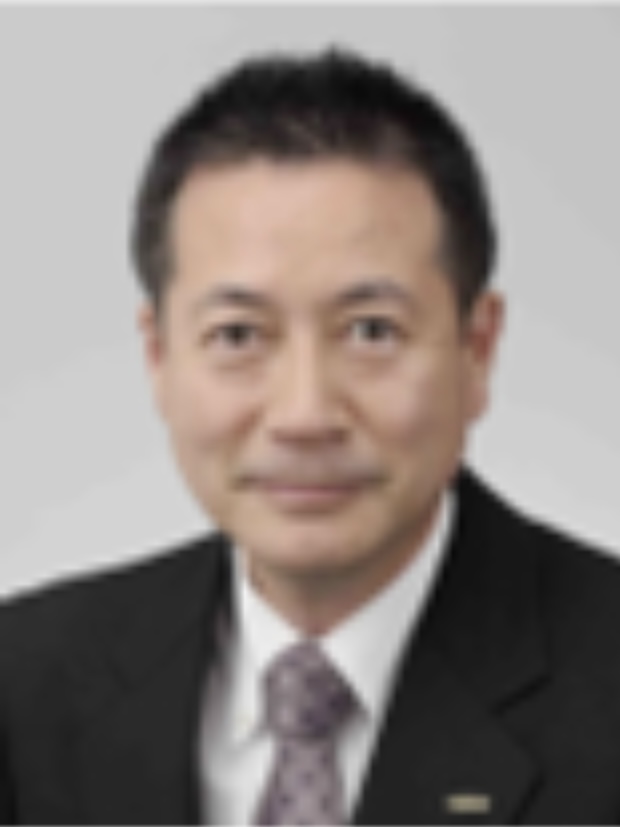
Shoei Imai
-

Shizuka Sayama
-
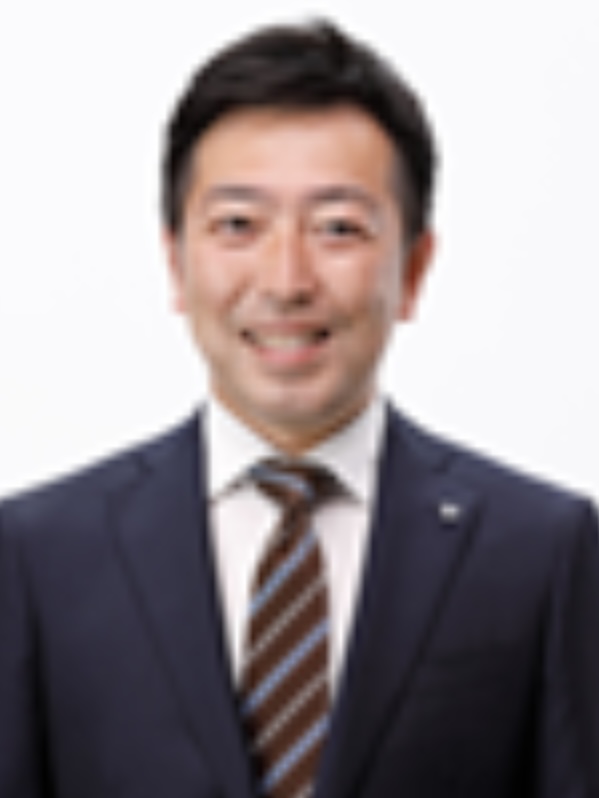
Masanori Hasegawa
Session 3
After lunch, the third session was held on “Japanese and Chinese startups” with two panelists, Keisuke Toji (Aeronext Inc., CEO) and Yang Pu (Purplevine IP Group), and the moderator, Minoru Nakahata (One ip Patent Attorney Corporation). The panelists introduced their activities and experiences in business and IP management for startups, and also gave their opinions on several issues such as: (1) why they or their clients started a startup, and what the characteristics of startup management are; (2) the basic ideas behind the company's IP strategy; (3) what IP issues for startups can be solved by partnering with large companies, and what the startups expect from large companies; and (4) the ideal form of collaboration between startups and large companies.
-

Keisuke Toji
-

Yang Pu
-

Minoru Nakahata
Session 4
The fourth session was held on “Latest Legal Trends of AI: mainly about Copy right” with two panelists, Koji Okumura (Keio University, Professor) and Ji Liu (CCPIT), and the moderator, Kei Iida (Nakamura & Partners). Mr. Koji Okumura gave a lecture on “AI and Copyright: Key Points of General Understanding in Japan”. Mr. Ji Liu introduced the “Latest Legal Trends of AI in China”. In addition, they also gave their opinions on questions regarding some recent court cases on AI in China, including what would be the conclusion if those court cases were to happen in Japan.
-
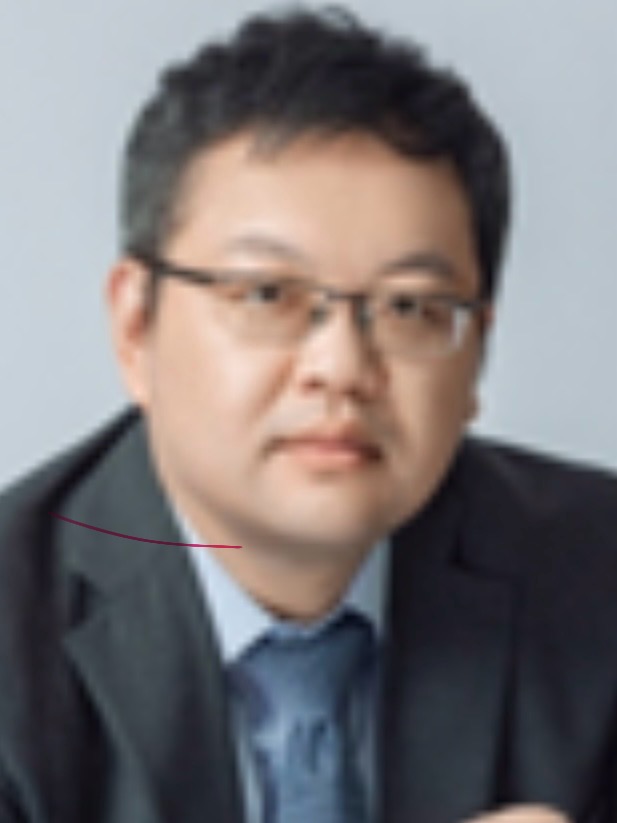
Ji Liu
-
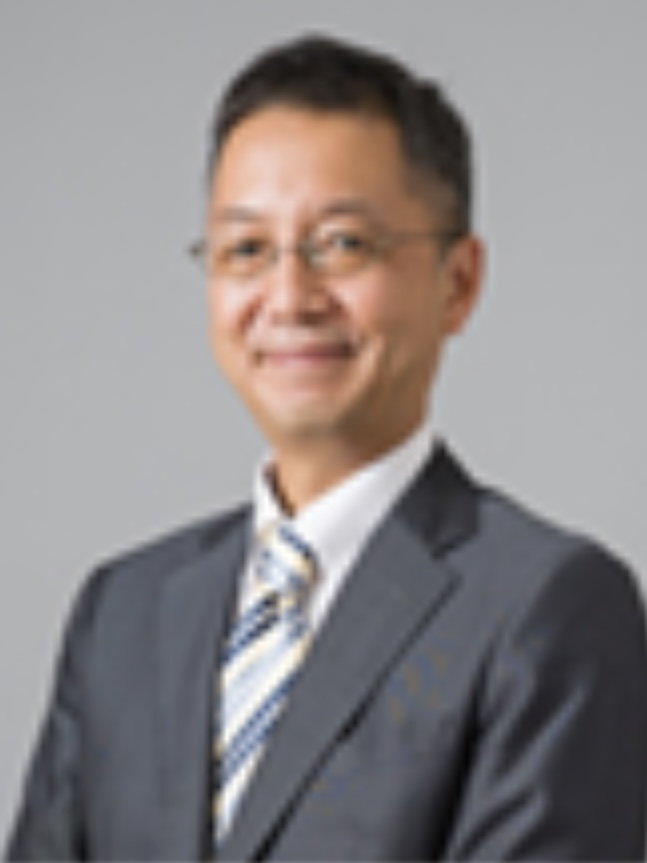
Kei Iida
Session 5
The fifth session was held on “Recent Court Decisions of IP and Licensing in Japan and China” with two panelists, Kenji Tosaki (Nagashima, Ohno & Tsunematsu/ Former Judge of Tokyo District Court) and William Ding (Former judge of Shanghai Intellectual Property Court, King & Wood Mallesons), and the moderator, Tomomi Fujita (Innoventier LPC / LES Japan Vice President). The panelists introduced recent court decisions in Japan and China, and also gave their opinions on questions such as whether it is expected that the number of judgments awarding high amounts of damages will increase in the future in Japan and China.
-

Kenji Tosaki
-

William Ding
-

Tomomi Fujita
Closing Remarks
The meeting was successfully closed by closing remarks by Takeshi Iizuka (LES Japan Organizing Committee / Iizuka International Patent Office).
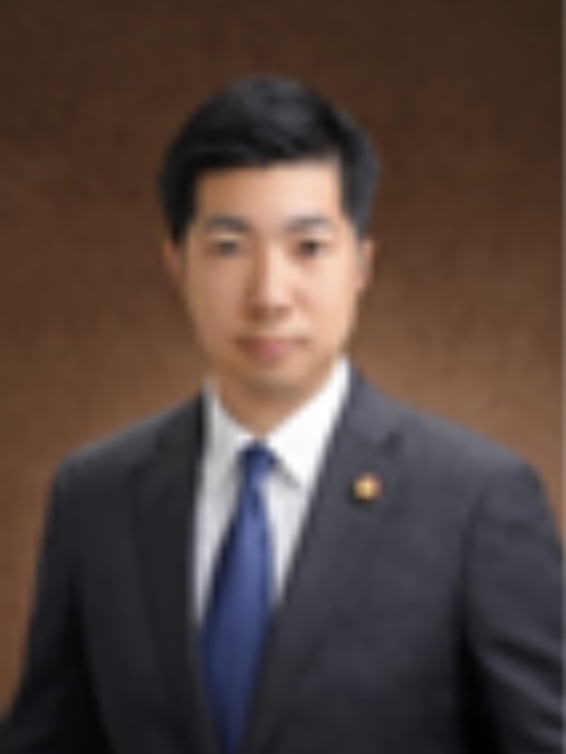
Takeshi Iizuka

Dinner Party
After the meeting, the participants enjoyed the dinner party in a comfortable restaurant with a great night view and deepened their friendships.
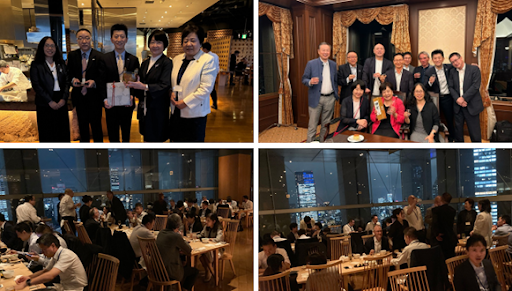
Optional Tour
The Optional Tour was held the day after the meeting, September 26, 2024, for the registered 25 participants, mainly LES China members, to visit the Suntory Whisky Factory in Yamanashi prefecture. The participants enjoyed the special tour through the factory, followed by a whisky tasting, and lunch, using ingredients from Yamanashi Prefecture.
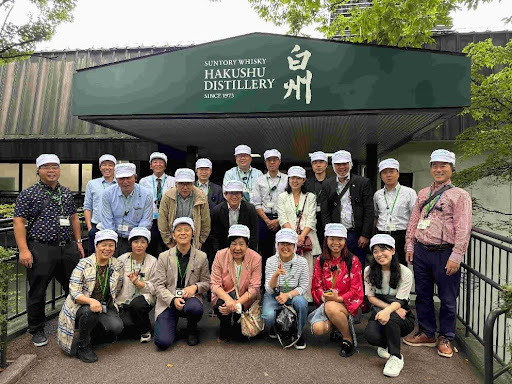
Courtesy Visits to IP High Court and Japan Patent Office
On September 25, 2024, the day before the Joint Meeting, some members (mainly members from the board of LES China and the representatives from Chinese companies) visited the Intellectual Property High Court, where they exchanged opinions with Chief Judge Tomonari Honda, and thereafter toured the courthouse. This visit is discussed on the website of the IP High Court. The members further visited the Japan Patent Office, where they paid a courtesy call to Commissioner Yota Ono and thereafter exchanged opinions with Deputy Commissioner Futoshi Yasuda. Both visits were very meaningful.
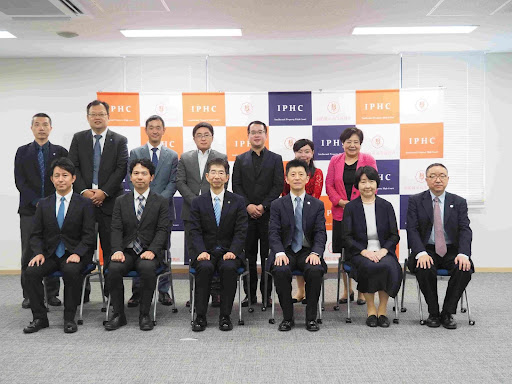
~~~~~~~~~~~
* Editor / Patent Attorney, Haruka Patent & Trademark Attorneys
Editors’ Note
This issue includes articles "2023 Unfair Competition Prevention Act Revision -Revision of Unfair Competition Prevention Act, Trademark Act, etc.- " by Mr. Mitsuo KARIYA, and “LES Japan & LES China Joint Meeting” by Mr. Yasuo FUJII.
Thank you for supporting “WINDS from Japan.” This newsletter will continue to provide you with useful information on activities at LES Japan and up-to-date information on IP and licensing activities in Japan.
If you would like to refer to any back issues of our newsletters, you can access them via the following URL:https://www.lesj.org/en/winds/backnumber/
WINDS from Japan Editorial Board Members, 2024
Editor in Chief:
Yasuo FUJII
Editors:
Jinzo FUJINO; Shoichi OKUYAMA;
Junichi YAMAZAKI; Kei KONISHI;
Naoki YOSHIDA; Mitsuo KARIYA;
Takao YAGI; Hideko MIHARA;
Yoko NATSUME; Dennis M. HUBBS;
Yasuko TANAKA; Chihoko SHIRASAWA




